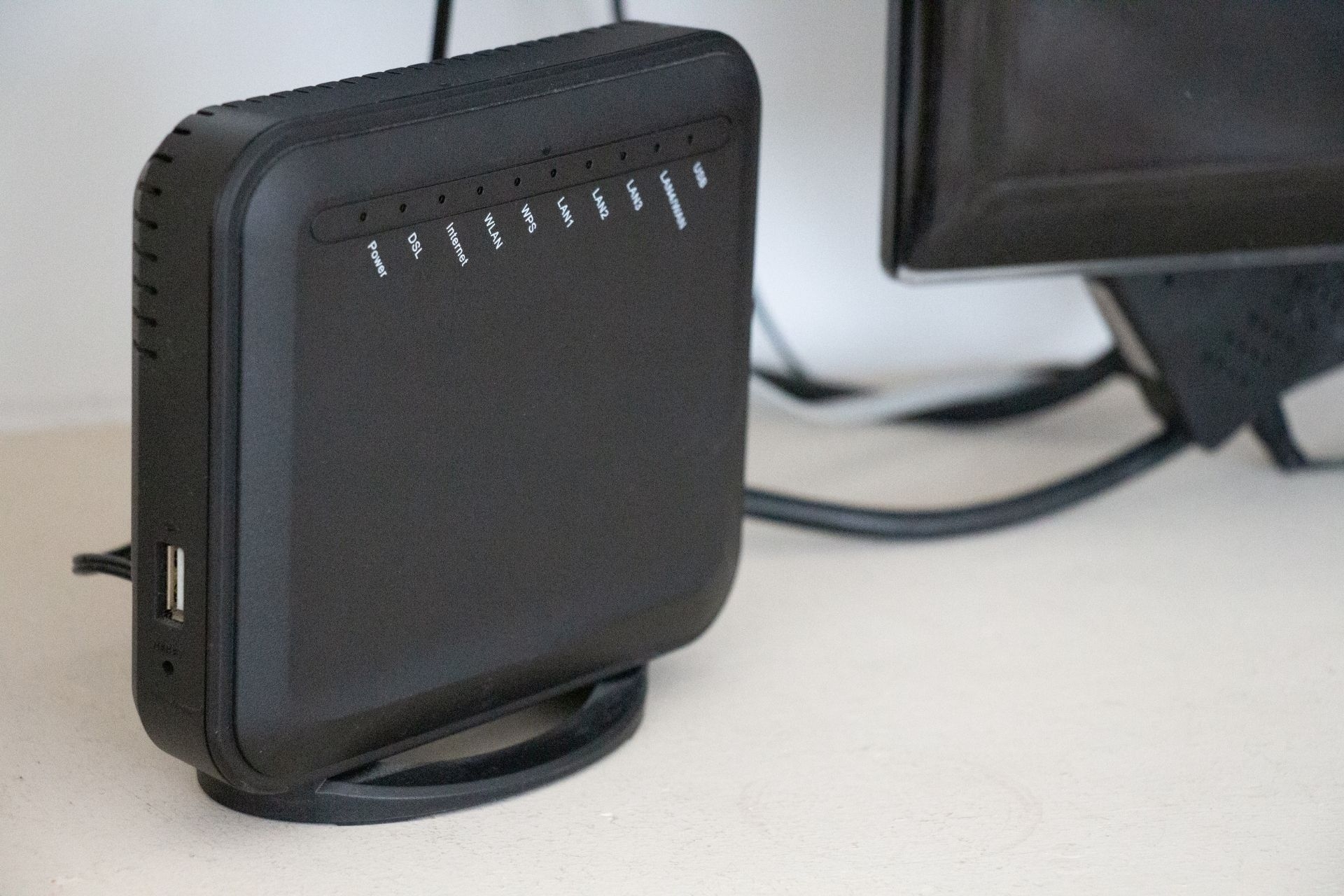Internet Protocol Television (IPTV) Servers
How does an IPTV server handle multicast streaming for live TV channels?
An IPTV server handles multicast streaming for live TV channels by sending a single stream of data to multiple users simultaneously. This is achieved through the use of IP multicast technology, which allows the server to efficiently distribute the content to all viewers who are tuned in to a particular channel. By utilizing multicast streaming, the server can conserve network bandwidth and ensure a smooth viewing experience for all users accessing the live TV channels.
Bulk Internet Services, Technology and Equipment
Internet Protocol Security (IPsec) Gateways







